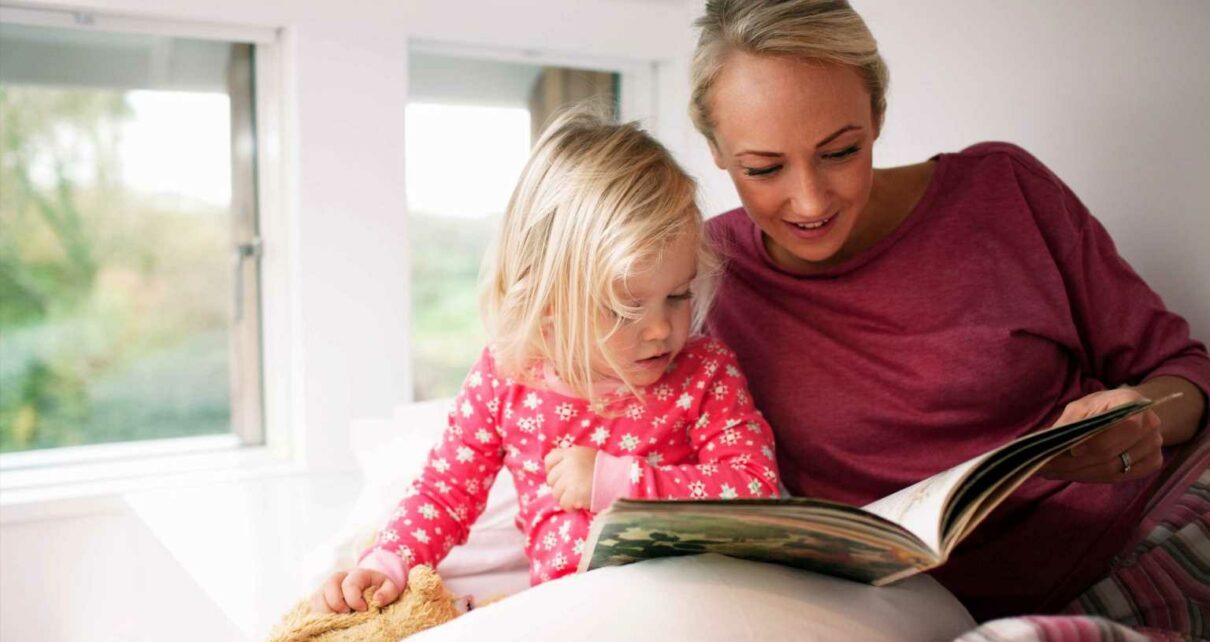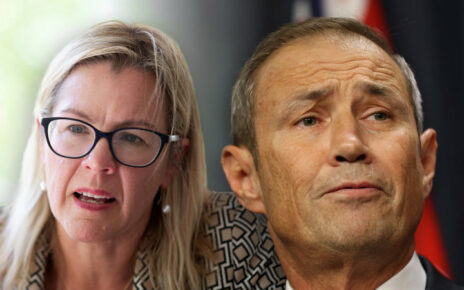MILLIONS of parents are set to get a bank boost in April when child benefit rates go up.
Benefit payments will rise by 6.7% from April, in line with the consumer price index (CPI) level of inflation for September 2023.

But remember, the exact amount your payments will rise by will depend on whether you qualify for extra elements as well as your financial circumstances.
Don't forget to check that you're getting all the benefits you're entitled to by using a free benefits checker, as this could boost your budget more.
There are two child benefit rates, one for the eldest child and another for each further child.
The current rate for your eldest or only child is £24 per week. That's around £96 a month or £1,251.43 a year.
Read more in money
 BILL HELP
BILL HELP
How to challenge unfair energy bills – as celebs hit by 'ridiculous' £39k demand
 BYE BYE
BYE BYE
High street giant branded 'great place for Xmas shopping' to close another store
But, from April 2024 the rate for your eldest or only child will go up to £25.60 a week – equating to around £102.40 a month or £1,334.86 a year.
This is an increase of £1.60 a week, £6.40 a month and £83.43 a year.
For each of your other children, it's currently £15.90 a week – equating to around £63.60 a month or £829.07 a year.
And, from next April for every other child, you'll get £16.95 a week, which is £67.80 a month and £883.82 per year.
Most read in Money
 CHOC FULL
CHOC FULL
Asda shoppers share trick to get GIANT Quality Street tins for the cheapest price
 SUDDEN SURGE
SUDDEN SURGE
EDF customers too scared to put heating on as they’re chased for £39k bills
 LONG GONE
LONG GONE
Rowntree’s say ‘sorry’ as axed 80s treat will not return despite boycott threat
 PRICE DROP
PRICE DROP
Supermarket giant slashes 1L Baileys to under £10 – and it’s not Tesco
That's an extra £1.05 a week, £4.20 a month, and £54.75 a year.
What is child benefit and who is eligible?
Child benefit is paid to parents to help with the costs of childcare.
Payments are usually made to you from the government every four weeks.
By claiming child benefit you also get National Insurance credits that count towards your state pension.
There are two different rates for child benefit.
Currently, parents can claim £24 per week for their first or only child.
For any additional children, they can claim an extra £15.90 a week per child.
You normally qualify for child benefit if you live in the UK and are responsible for a child under 16.
But you can also claim the support for a child under 20 if they are in approved education or training.
When two or more people share the responsibility of caring for a child, it can only be claimed by one person.
You'll be responsible for a child if you live with them or you are paying at least the same amount as child benefit towards looking after them.
This might mean you are paying the equivalent amount of child benefit on food, clothes or pocket money.
You should bear in mind, eligibility changes if a child goes into hospital or care and if your child starts to live with someone else.
Usually, you get child benefit for eight weeks after your child goes to live with a friend or relative – as long as they don't make a claim.
But it can continue for longer if you make contributions to your child's upkeep.
Foster parents can also claim child benefit, as long as the council is not paying anything towards their accommodation or maintenance.
Legal guardians or parents adopting a child can also apply for the benefit, but the child has to be living with them.
You will only be able to claim for a short period of time if you leave the UK, for example, if you go on holiday or for medical treatment.
For anyone not sure about eligibility, you can contact the Child Benefit Office.
What is the high income child benefit charge?
If either parent or carer starts earning over £50,000, they have to start paying the high income child benefit charge.
This means you have to pay back 1 per cent of your child benefit for every £100 of income earned over the £50,000 threshold.
Once you reach £60,000 of yearly income you have to repay the full amount of child benefit received.
Parents have been caught out by the complicated rules and extra charge and landed with bills for thousands of pounds.
It's up to parents to notify HMRC if they are liable for the charge and they must file a self-assessment tax return to pay it.
Source: Read Full Article


